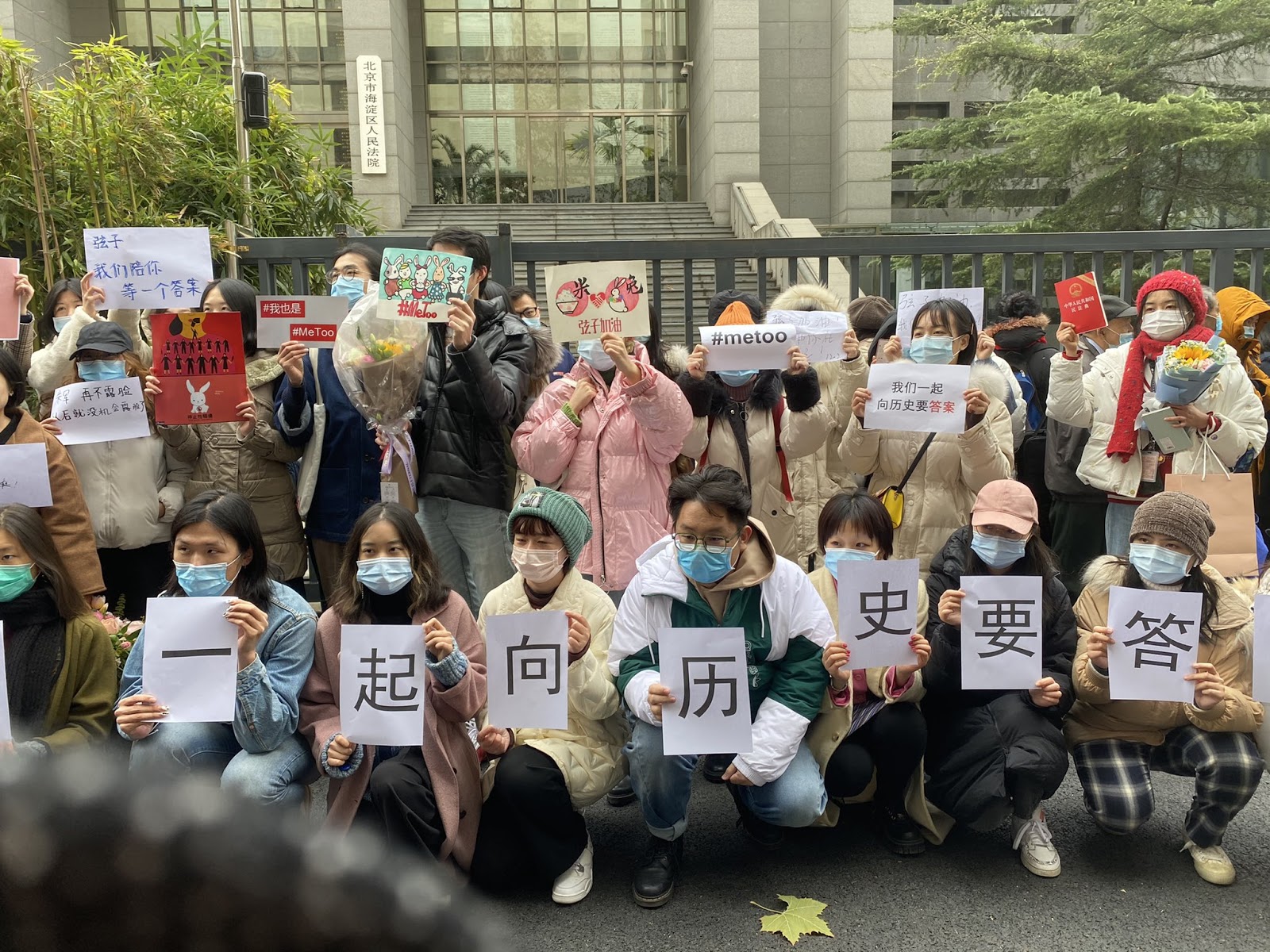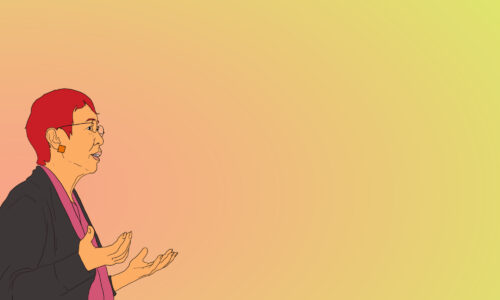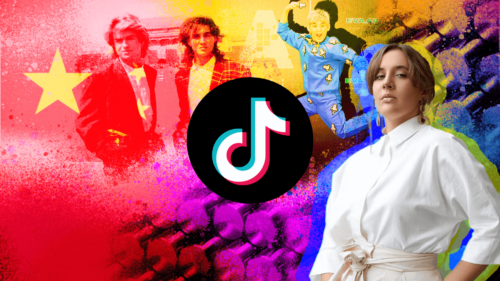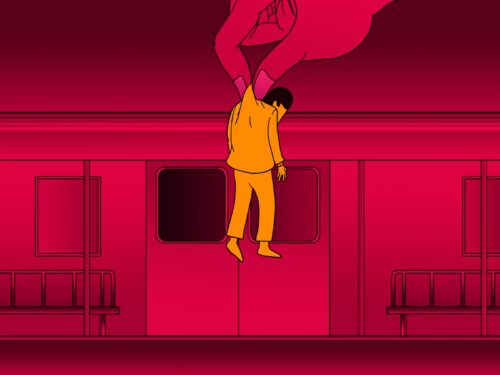In a critical test of China’s #MeToo movement, Beijing court starts hearing on landmark sexual harassment case
The long-awaited hearing on sexual harassment allegations against Zhū Jūn 朱军, a prominent TV anchor in China, began today in Beijing, kicking off what’s likely to be a grueling and lengthy ordeal expected to test the power of China's #MeToo movement.

The long-awaited hearing on sexual harassment allegations against Zhū Jūn 朱军, a prominent TV anchor in China, began today in Beijing, kicking off what’s likely to be a grueling and lengthy ordeal expected to test the power of China’s #MeToo movement.
Zhou Xiaoxuan (she has not revealed the Chinese characters of her name, but she is known in China by her nickname Xiánzǐ 弦子), a 27-year-old screenwriter in Beijing, went public in 2018 with accusations that Zhu groped and forcibly kissed her when she was an intern at the state broadcaster China Central Television (CCTV) in 2014. She was working on the high-profile TV host’s signature show, Art Life 艺术人生.
The stakes for Zhou’s lawsuit are high — for all parties involved. Since she came forward about the alleged harassment, Zhou has been battling censorship, sexism, and legal attacks from Zhu, who has consistently denied all the allegations and launched a defamation lawsuit against her.
The legal battle had made Zhou the face of China’s #MeToo movement as she leveraged her fame to speak openly about women’s issues in the country and help abused women seek justice.
On Wednesday, Zhou arrived at the Haidian People’s Court in Beijing for the first day of her lawsuit. Outside the courthouse, a crowd of supporters gathered, chanting and holding posters reading “Rice Bunny” (米兔 mǐ tù), a Chinese homonym for “Me Too.” “We wait with you for an answer from history,” said another sign carried by a group of activists.
According to Chen Caiwei, a freelance journalist who is following the case closely, while the demonstration was largely peaceful, scuffles occurred at times as police officers tried to disperse protesters and dragged away foreign reporters.
The hearing, which was not public and took place in Zhu’s absence, lasted for more than 10 hours. A little before midnight, the court was adjourned and Zhou walked out of the building. Zhou told a crowd outside that there was no verdict today, but that she and her lawyers had requested an open hearing, a change of judges, the jury’s participation, and for Zhu to show up in person for the next hearing.
Zhou was among a cohort of Chinese women who shared their stories of sexual harassment and assault online when the #MeToo movement took hold in China in 2018. In her initial account posted on Weibo in the summer of 2018, Zhou revealed that she had no choice but to share her story publicly after law enforcement forced her to drop her accusation because of its potential destructive impact on Zhu’s career.
Despite swift censorship, Zhou’s post quickly went viral and resulted in an outpouring of support on social media. A few weeks later, Zhu fired back by filing a lawsuit against Zhou describing her accusations as “fabricated rumors” and “false information.”
Zhou had originally filed her suit under the category “personality rights” — a broad term within Chinese law that includes rights relating to an individual’s health and body — because sexual harassment was not recognized as a legal cause of action at that time. But in May this year, China passed its first-ever Civil Code, which, for the first time in Chinese history, allows a victim to file a civil suit for sexual harassment. Taking advantage of the new law, Zhou later adopted a new cause of action for her case.
On December 1, ahead of the hearing, Zhou explained her expectations and shared what she had been through in a Weibo post (in Chinese). “There have been difficult times, like when Zhu’s lawyer accused me of having a delusional disorder at our first meeting in 2018 after I launched the lawsuit,” she wrote. “After I went to a hospital for a psychiatric diagnosis, I realized that I wouldn’t have privacy and dignity anymore.”
Zhou also said that she was thankful for all the support she received for her decision to pursue Zhu through the courts. She continued, “I want my lawsuit to be a gathering and a memorable moment for all the people who fought and broke the silence together.”






